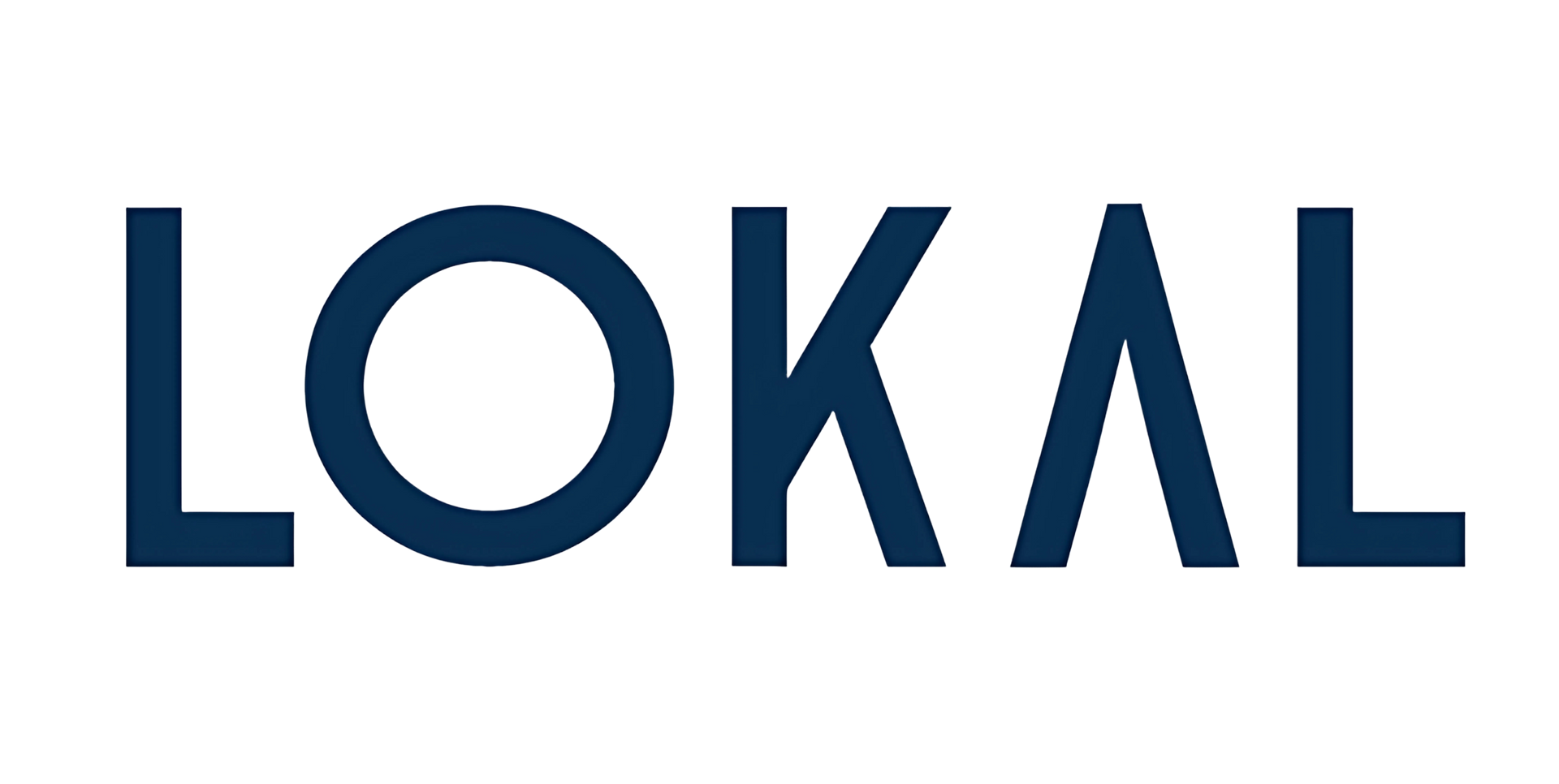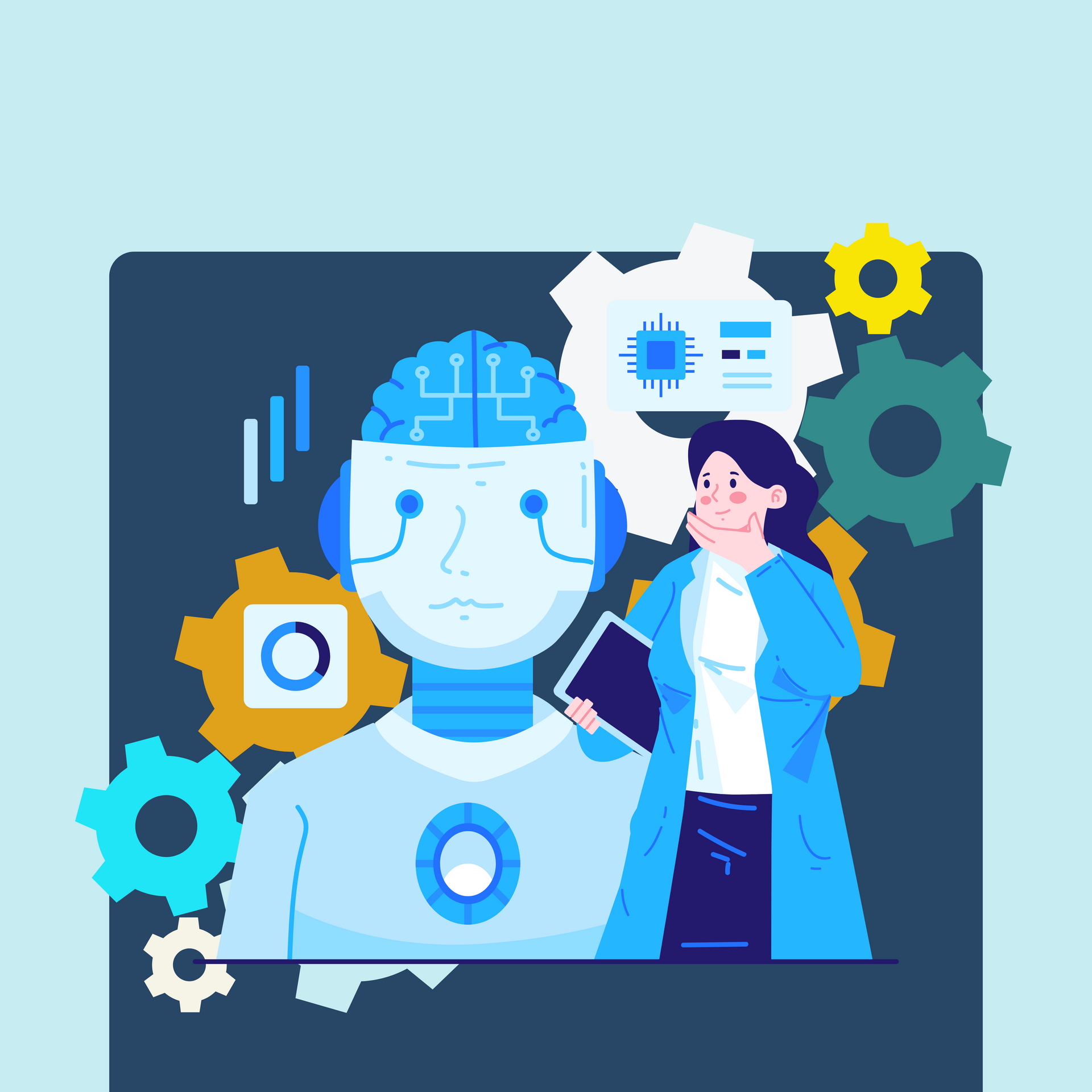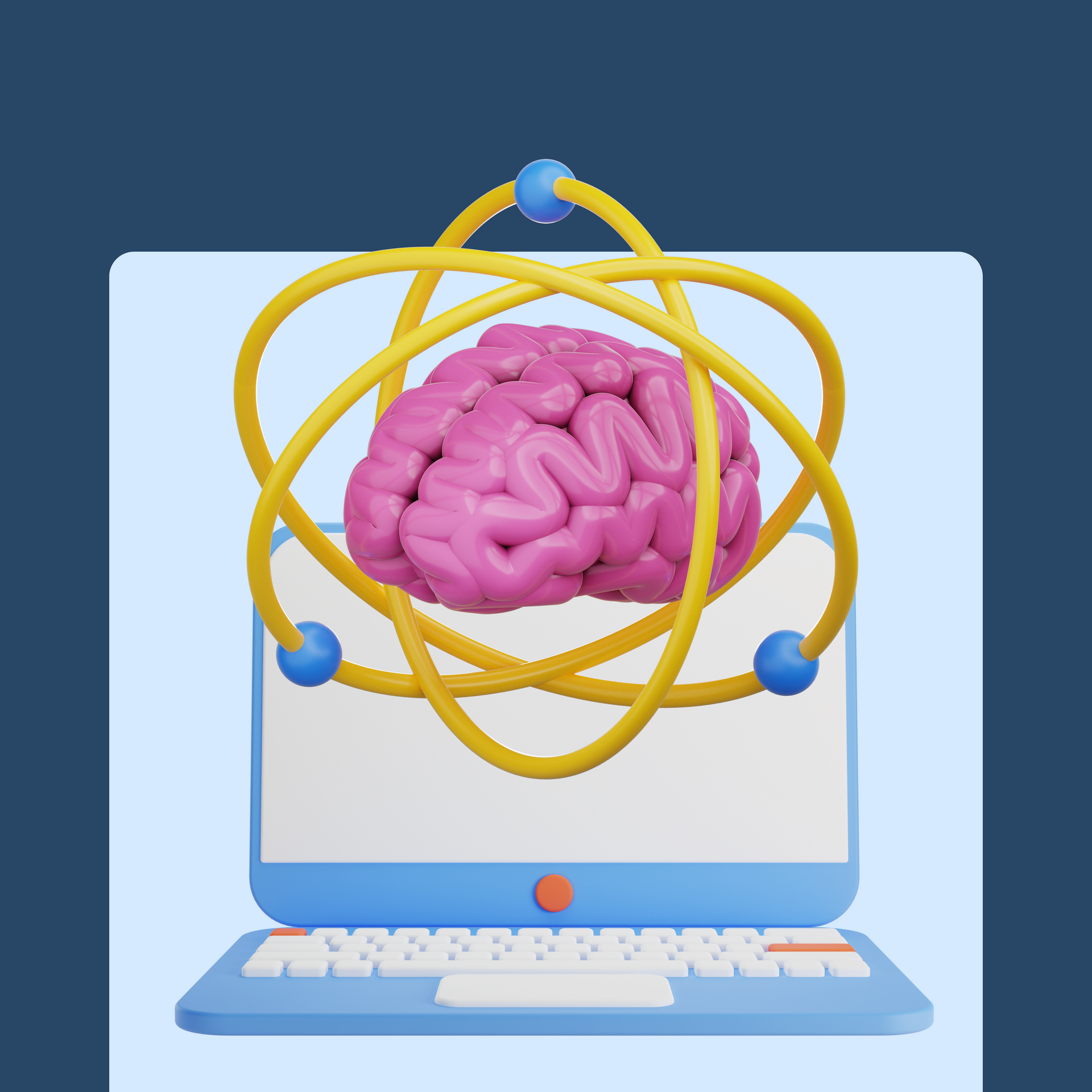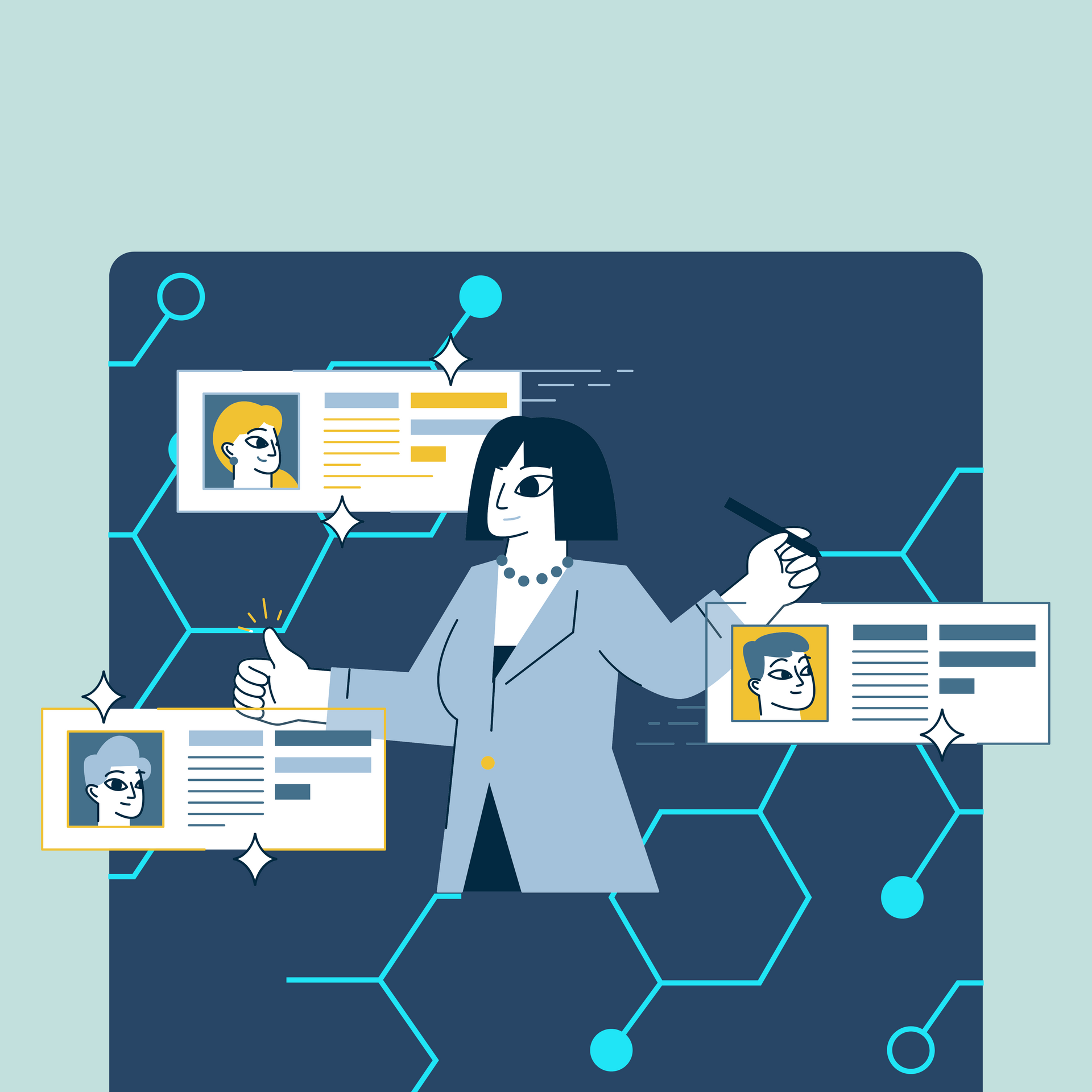AI and the Future of Executive Recruitment in the Philippines
Charisse Castaño, Digital Marketing Manager
Published January 24,2025

Content Summary
The Foundation: Traditional Head Hunting
The AI Revolution: Transforming Executive Search
Human + AI: The Perfect Partnership
Case in Point: AI Integration in Philippine Recruitment
Best Practices for Implementing AI Recruitment in the Philippines
Looking Ahead: The Future of AI in Philippine Recruitment
This page is updated as new trends, courses, and other significant information emerge.
Latest Update: January 24,2025
The way we hire has changed rapidly.
With 73% of companies now using recruitment automation, AI is playing a huge role in the shift from traditional headhunting to smarter, more efficient talent acquisition. Let’s dive into how AI is transforming executive recruitment in the Philippines.
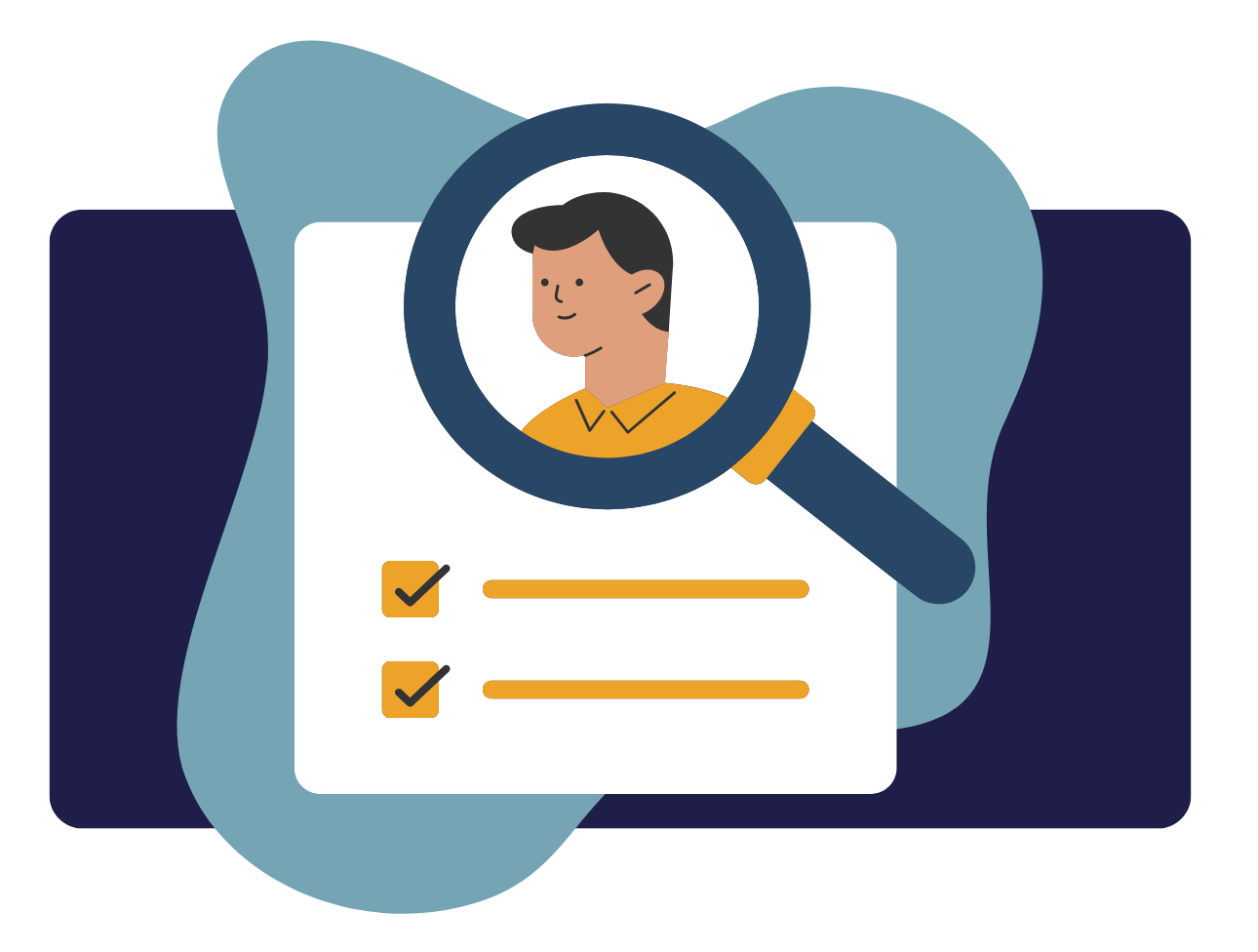
The Foundation: Traditional Headhunting
For a long time, executive recruitment in the Philippines was all about personal networks and industry expertise. Headhunters built their businesses on relationships, meeting candidates in person, and using their deep knowledge of the market.
"Headhunting is a specialized process, focused on building relationships and connections supported by profile research, as you build your business, you also grow specializations and leadership roles. Personal connections and networks must also grow with this, which takes time
- Calo Sison
A Seasoned Recruiter in Tech Industry
This approach worked well for many companies because it was highly personalized.
But as business needs evolve, the limitations of traditional headhunting have become clear:
- Talent pools are geographically limited
- Recruitment processes are time-consuming and hard to scale
Despite these challenges, traditional recruitment still has some core strengths, like building trust and assessing candidates holistically.
The AI Revolution: Transforming Executive Search
The integration of artificial intelligence into recruitment is reshaping how Philippine companies hire top executives. Here’s how AI technology is redefining the recruitment process:
1. Smart Profile Creation and Candidate Sourcing
- AI makes finding the right candidates faster and more accurate. Here’s how:
- AI tools create profiles that match the specific leadership needs of a company.
- AI searches vast networks like LinkedIn and JobStreet to find candidates.
- It even uses Boolean search to make sure the matches are spot on.
- Outreach is automated, meaning less manual work for recruiters
"AI is a big help in hastening the research part of market mapping, from analyzing leadership structures and hiring trends to compiling key stats that could influence hiring decisions, tools like EYQ and Microsoft Co-Pilot make the legwork faster and more efficient."
- Seamus Hermoso,
A Veteran Tech and Finance HR professional.
2. Faster Screening and Evaluation
AI excels at screening resumes and filtering candidates:
- It can process thousands of profiles in minutes.
- Objective criteria help eliminate human bias and ensure fairer assessments.
- Screening time can be reduced by up to 40%, letting recruiters focus on the more strategic parts of the hiring process.
“Our in-house AI tool can decipher keywords within a resume, analyze the content, and grade candidates in relation to the job description,” says Seamus. While not perfect, these tools significantly reduce time spent sifting through resumes, allowing recruiters to focus on engagement.
3. Data-Driven Decision Making
AI doesn’t just find candidates—it also helps
recruiters make smarter decisions:
- Predictive analytics use data to assess how well a candidate might perform, based on past hires.
- Scoring models rank candidates on leadership potential, so recruiters can focus on the strongest ones.
- AI constantly refines its algorithms to improve hiring outcomes.
AI enables predictive analytics and scoring models, helping recruiters identify the best candidates for leadership roles. “Talent insights that would take weeks to gather manually can now be processed by AI in seconds,” notes Seamus.
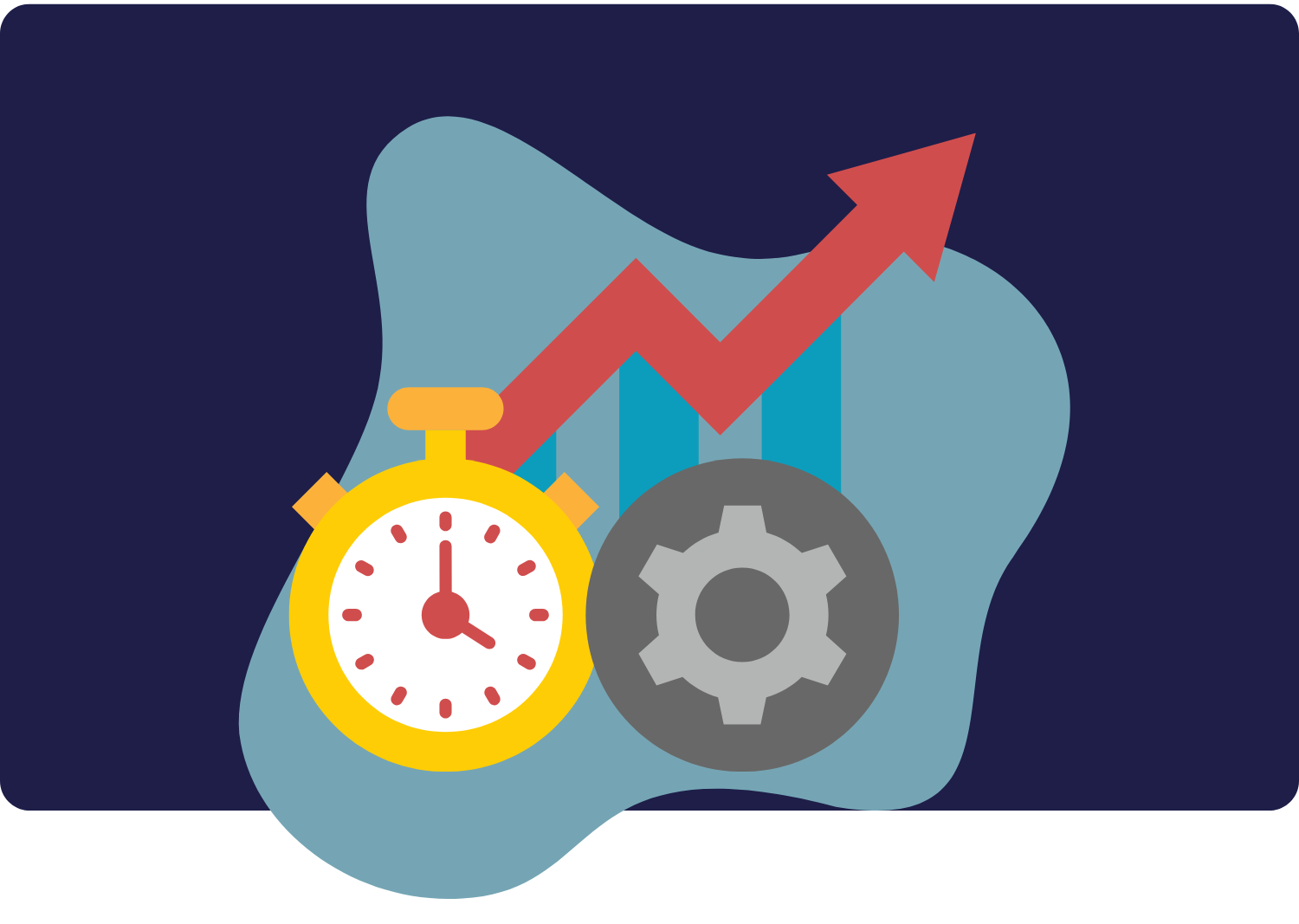
4. Reducing Bias and Increasing Efficiency
AI is also great for promoting fairness in recruitment:
- Anonymized data helps reduce unconscious bias during the screening process.
- By automating repetitive tasks, AI lets recruiters focus on more meaningful work, like building relationships.
Human + AI: The Perfect Partnership
While AI makes recruitment more efficient, it doesn't replace the need for human recruiters. In fact, the best results come when
AI and human expertise work together.
"AI definitely helps in crafting job descriptions and profiles assessments, which takes time off the normal recruiting rhythm to let the recruiter focus on interviews and crafting detailed endorsements," says Sison. "At this point, we're looking at AI as a productivity tool, much like Excel replaced accounting books in the past. This enables professionals to work efficiently and spend time on what matters – interviews and endorsements."
Here's what AI excels at:
- Automating repetitive tasks
- Improving data accuracy
- Speeding up recruitment timelines
But human recruiters still bring important skills to the table:
- Building long-term relationships with clients and candidates
- Assessing cultural fit, which is especially important in Filipino workplaces
- Navigating complex needs and understanding the unique challenges of each company
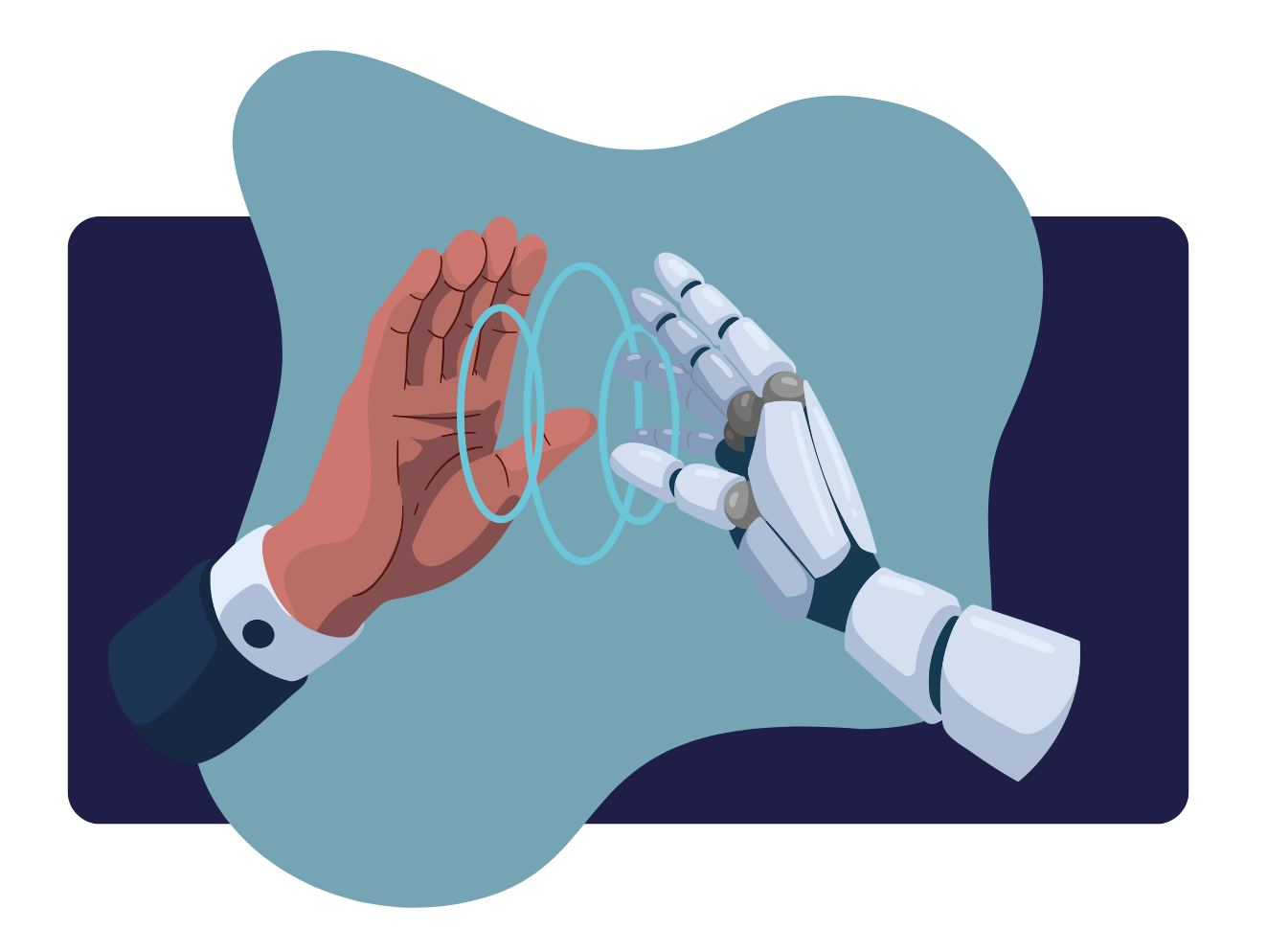
Case in Point: AI Integration in Philippine Recruitment
The Philippines has embraced AI in workplaces, with 86% of Filipino knowledge workers using it. This high adoption rate even surpasses the global average. Many HR professionals are now focusing on leveraging AI to improve hiring processes while upskilling themselves to work effectively with this technology.
AI Adoption and Workforce Trends in the Philippines
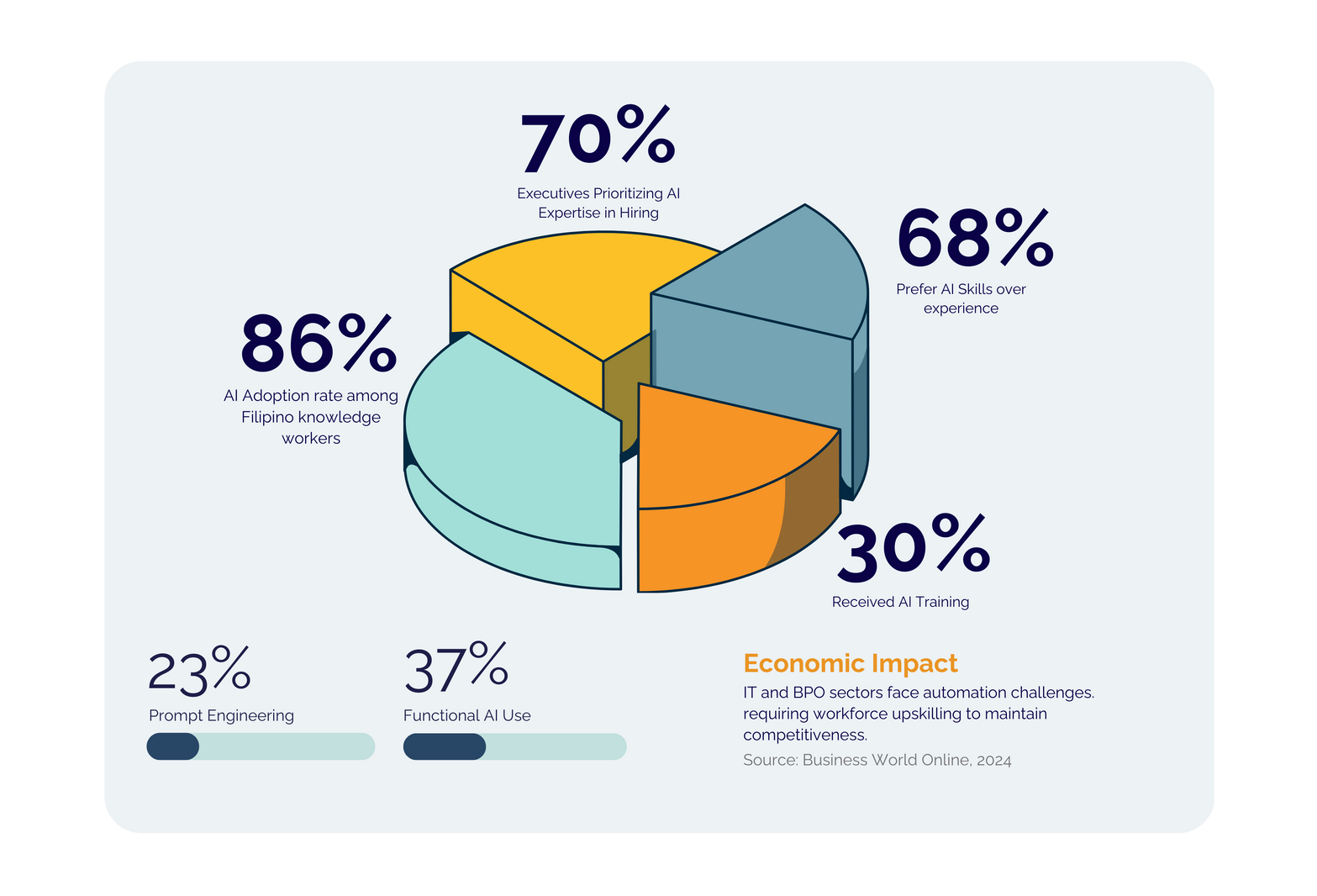
Recruiters emphasized that AI didn’t replace them—it amplified their capabilities.
However, there’s a need for a shift in mindset.
"Don't be afraid of AI taking your jobs," advises Seamus. "Be afraid to 'not know how to use AI.' It's like the internet years ago---those who didn't adapt were left behind."
Best Practices for Implementing AI Recruitment in the Philippines
If you’re looking to bring AI into your recruitment process, here are some tips to get started:
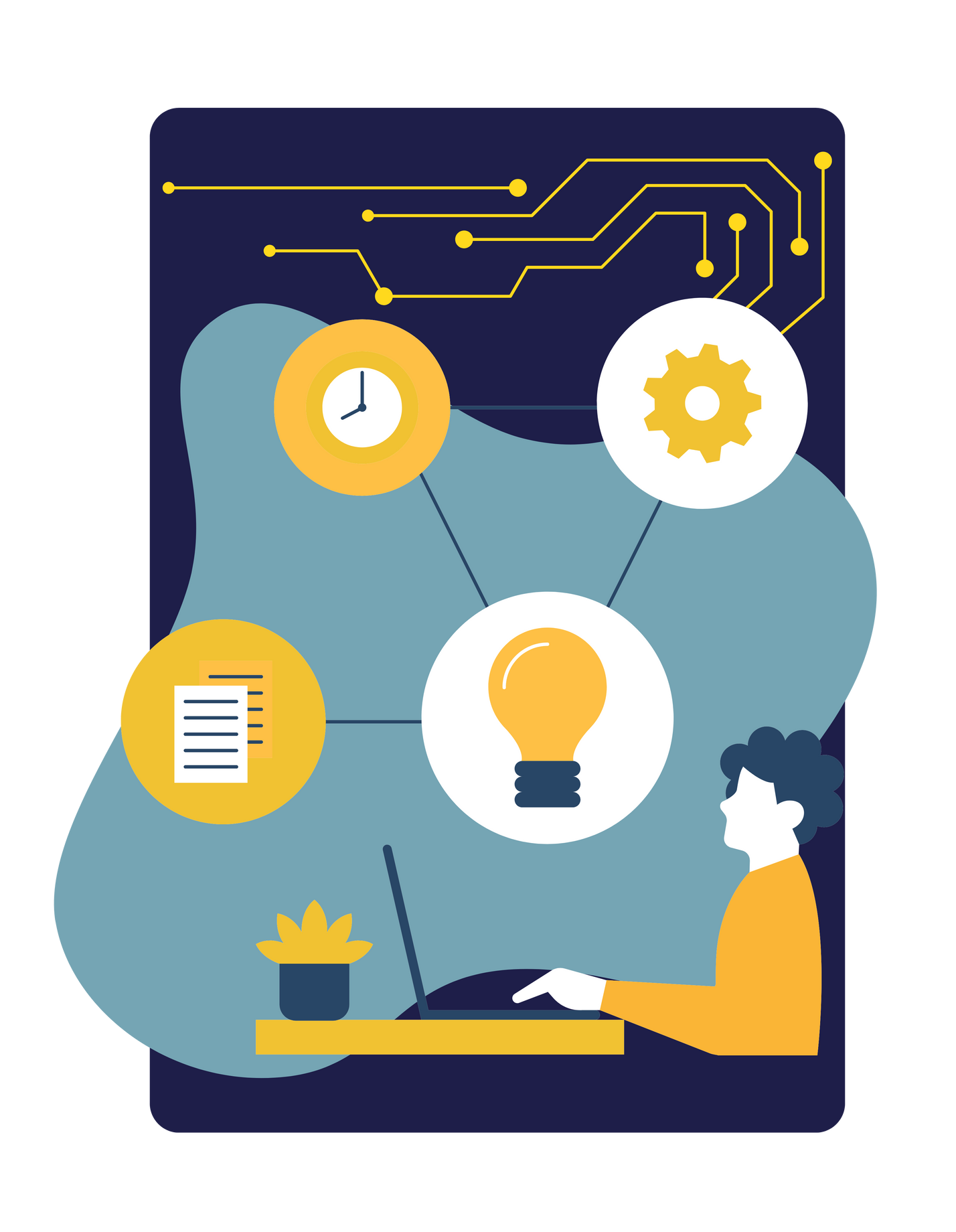
1. Start Small and Scale Gradually
Test AI tools for specific tasks, like sourcing candidates, before rolling them out across the entire process.
2. Train Your Team
Make sure your recruitment team knows how to use AI tools effectively. This means understanding both their strengths and limitations.
Sison emphasizes the importance of developing proper AI prompts: "For generative AI types, developing prompts will be a necessary skill. For example, when developing an assessment process for a specific skill requirement, a recruiter might start with: 'I am a recruiting professional looking to fill an executive sales leadership role. How do I assess for...' From this, the prompt can be modified depending on what answers are generated."
3. Keep the Human Element
Even with AI, it’s important to maintain personalized communication with candidates to preserve the trust and relationships that Filipino companies value.
4. Measure Performance
Track key metrics like
time-to-hire,
candidate satisfaction, and
diversity to see how well AI is improving your recruitment process.
Looking Ahead: The Future of AI in Philippine Recruitment
AI is rapidly reshaping executive recruitment in the Philippines, with developments pointing toward even more sophisticated applications. While automated tools are becoming increasingly advanced, the future of recruitment lies in the strategic fusion of AI capabilities with human expertise.
"AI at its current state should be considered as a productivity tool to save hours," Sison notes. "Specifically for recruitment, it can take away some of the time spent on developing assessments from scratch or even using the tool to improve on existing processes. Prompts are key to an impactful use of AI while human input and judgement remain to scrutinize and validate results."
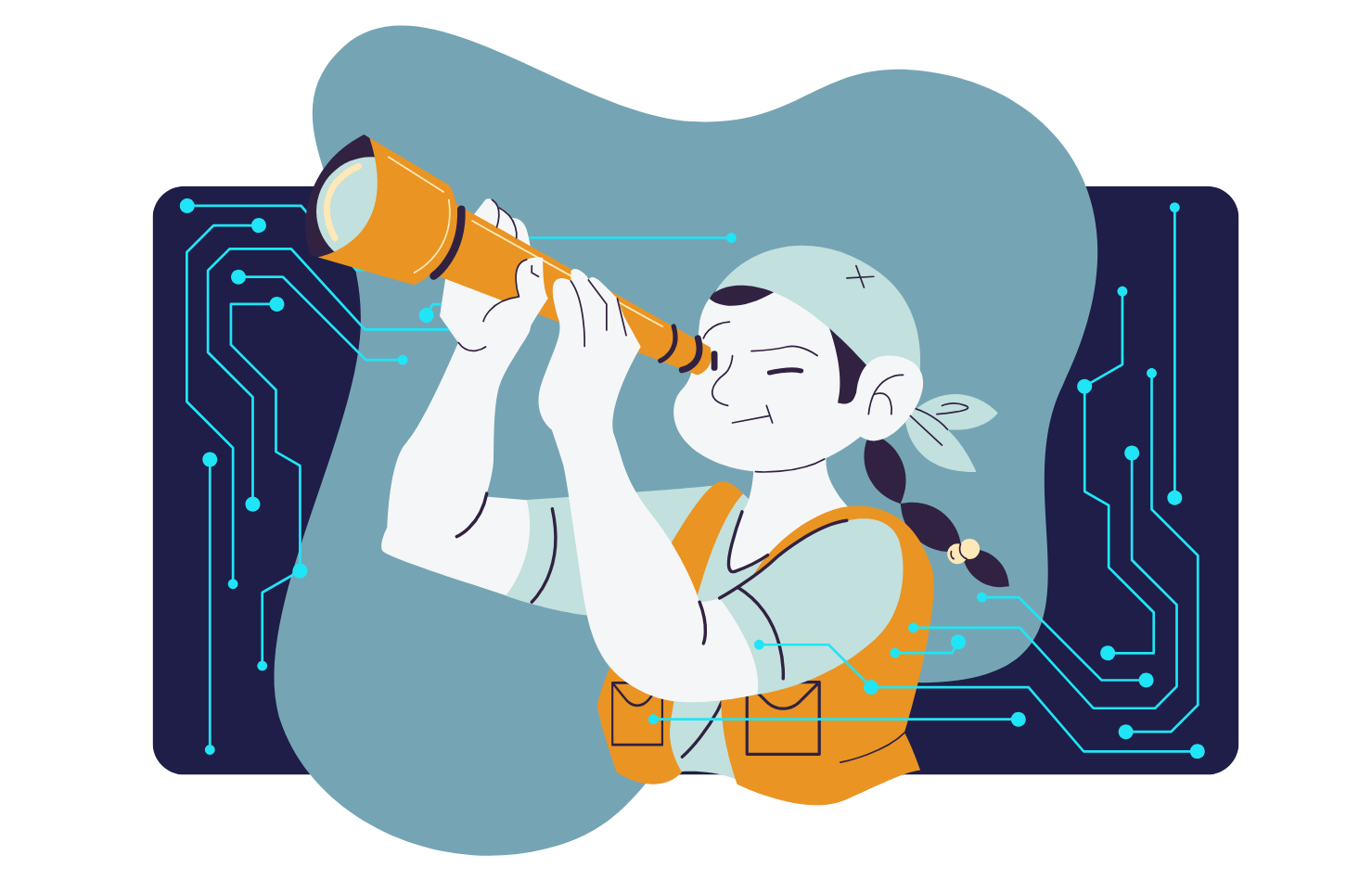
To make AI work effectively in the Philippine context, companies must:
- Ensure alignment with local labor laws and data privacy regulations, particularly the Data Privacy Act
- Invest in continuous training to keep recruitment teams current with evolving AI capabilities
- Maintain a balance between automation and the high-touch, relationship-based approach valued in Filipino business culture
The future of executive recruitment in the Philippines isn't about choosing between AI and human expertise—it's about using both to create more efficient hiring processes that serve both companies and candidates better.
*Keywords: executive recruitment, AI recruitment, talent acquisition, recruitment automation, predictive hiring analytics, executive search technology, HR automation, automated recruitment, executive talent search, AI hiring tools, recruitment bias reduction, modern recruitment practices, talent acquisition strategy, executive search automation, leadership recruitment
Fresh off the press
What's latest in LOKAL?
AI Training in the Philippines: Unlock Growth and Efficiency for Your Business
Unlock your team's potential with AI training designed for Philippine businesses. Discover how AI can drive growth, efficiency, and innovation across key industries in the country.
How We're Using AI in Our Marketing: A LOKAL Perspective
See how we’re using AI every day in marketing. Discover practical ways AI can enhance your marketing efforts. Learn how our AI training programs help businesses grow.
Let's Get Started
Ready to find your next leadership game-changer? Let us connect you with top talent.
Our team at
LOKAL will help you define your executive needs, assess your organizational requirements, and identify leaders who will drive your company forward.
Whether you're searching for:
- C-suite executives and senior leadership
- Digital transformation leaders
- Sales and marketing executives
- Operations and finance leaders
- Technology and innovation officers
- Board members and advisors
We'll leverage our network and expertise to find executives who align with your culture and strategic vision.
Build your leadership team today - reach out to us at
hello@lkl.ai
